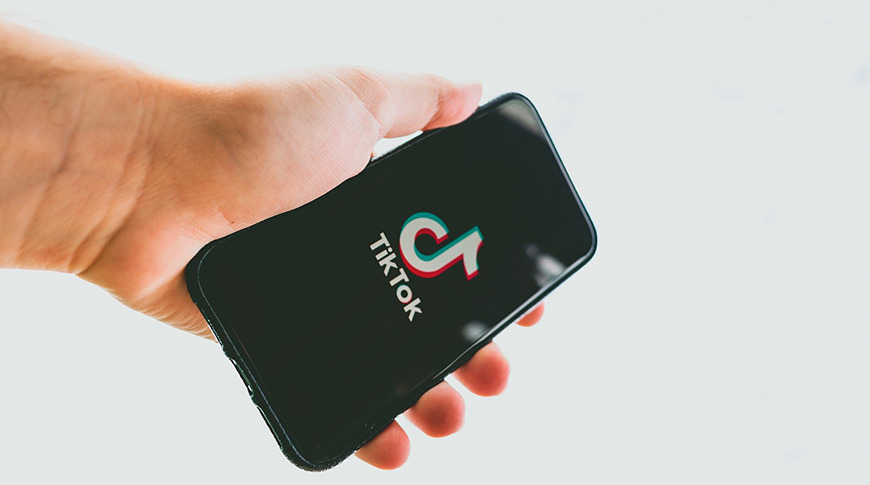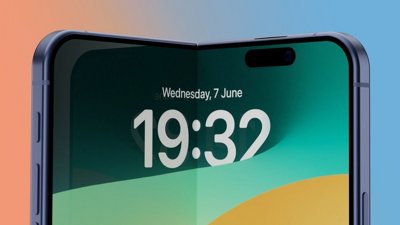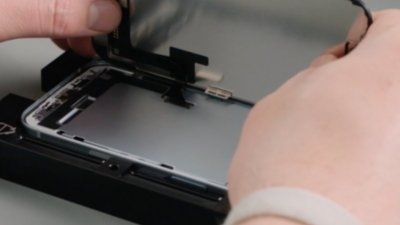TikTok's long-awaited legal challenge against a presidential executive order that would effectively ban the app in the United States has arrived, with the video sharing service suing to "protect our rights, and the rights of our community and employees."
A lawsuit from TikTok has been in development since not long after President Donald Trump issued an executive order that would ban transactions with TikTok and WeChat in the United States after 45 days. As previously anticipated, the lawsuit has finally been filed against the order.
The press release announcing the filing explains the complaint as being one of due process, that the Trump Administration "ignored our extensive efforts to address its concerns, which we conducted fully and in good faith even as we disagreed with the concerns themselves."
Directly declaring the order seeks to ban TikTok "purportedly because of the speculative possibility that the application could be manipulated by the Chinese government," the filing claims "extraordinary measures" were taken to protect the privacy and security of US-based user data, including storing the data outside of China in the United States and Singapore. Software barriers are also added to keep the US data separate from other ByteDance products.
Furthermore TikTok believes the US government knew of these measures as part of a recent national security review of ByteDance's 2017 acquisition of the China-based Musical.ly. "As part of that review, Plaintiffs produced voluminous documentation to the US government documenting TikTok's security practices and made commitments that were more than sufficient to address any conceivable US government privacy or security concerns."
The Administration is accused of ignoring the lengths TikTok went to in terms of its security measures, including how its CEO, Global Chief Security Officer, and General Counsel are Americans based on the US, and so not subject to Chinese law.
The main complaint is that the executive order doesn't just ignore due process, but it also "authorizes the prohibition of activities that have not been found to be 'an unusual and extraordinary threat' as required by the International Emergency Economic Powers Act" that the order uses.
"By banning TikTok with no notice or opportunity to be heard (whether before or after the fact), the executive order violates the due process protections of the Fifth Amendment," writes TikTok. "The order is ultra vires because it is not based on a bona fide national emergency."
The complaint also includes claims the executive order addresses national security concerns about telecommunications companies and potential espionage surrounding telecommunications infrastructure, but that TikTok isn't classifiable as a telecommunications provider of the kind referred to in the order. There is also discussion of an almost year-long effort with the Committee on Foreign Investment in the United States, including offers to take numerous steps to ensure transparency and cooperation, but CIFUS "repeatedly refused to engage" with the company.
"To be clear, we far prefer constructive dialogue over litigation," writes the company. "But with the executive order threatening to bring a ban on our US operations - eliminating the creation of 10,000 American jobs and irreparably harming the millions of Americans who turn to this app for entertainment, connection, and legitimate livelihoods that are vital especially during the pandemic - we simply have no choice."
The legal challenge occurs during a period when ByteDance is trying to arrange a divestment of TikTok to another company based in the United States ahead of the 90-day deadline. Currently it is believed to be in talks with Microsoft and Oracle about a potential purchase of its US operations.
Apple waded into the battle on August 13, but in support of stopping the ban of WeChat. Joining as part of a group fo tech companies, Apple called for White House officials to clarify the relatively unclear executive order, such as by detailing what is exactly meant by banning "any transaction that is related to WeChat."
 Malcolm Owen
Malcolm Owen

-m.jpg)







 Andrew Orr
Andrew Orr


 William Gallagher
William Gallagher


 William Gallagher and Mike Wuerthele
William Gallagher and Mike Wuerthele


-m.jpg)






15 Comments
Good luck, dummies. They’re a security threat and they are not an American company. This is DOA.
American businesses operating in China have been screaming for a long time that they have been screwed over and over in China(forced hand over IP,design by Chinese goverment agencies,court system). US administration did lots of background work to protect the aspect of American people's future called private information before banning Chinese software companies. So please support your goverment or if you live in USA than relocate to China. leave this country. Your investment greed in these Chinese companies who are threat to US can not take priority over US national interest and security.